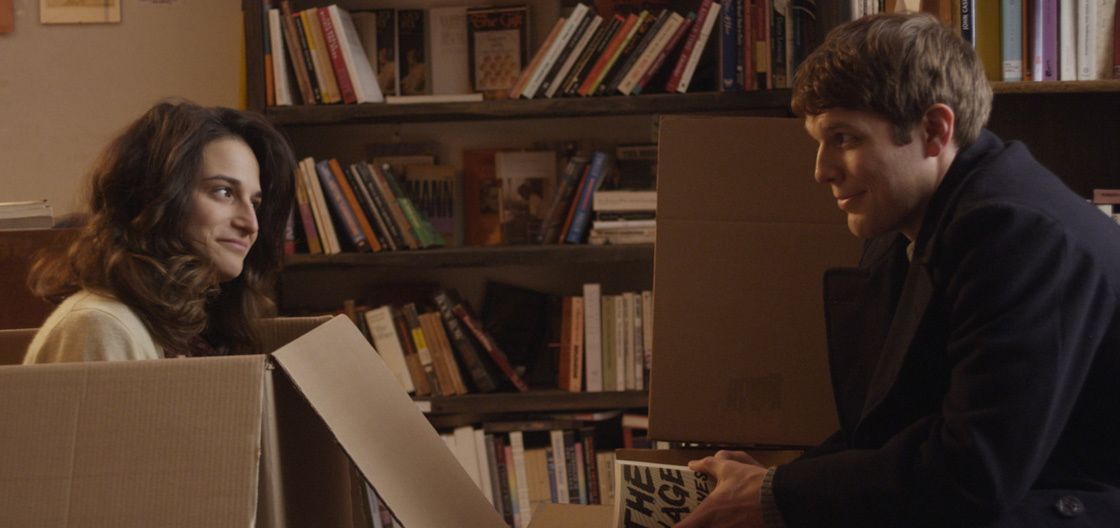
Understandably, there aren’t very many romantic comedies on the festival scene. Of course, the exceptions to this rule often come out of Sundance – the home of all things loving, manic and pixie. The reality is though, being described as a ‘Sundance’ film nowadays has pretty negative connotations, it implies a certain amount of superficial quirkiness or formulaic romance, or just an overuse of indie-pop music a la Garden State.
Obvious Child is an interesting film in that sense, as it ostensibly plays rom-com by the book. A part-time comedian becomes pregnant after a one-night stand with a ‘geek’, but, despite their differences, a relationship blooms. What makes this a little different is that it’s a story primarily revolving around abortion. Not abortion as a tragic ethical crisis but also not as an easy, meaningless decision. It’s quite a realistically told story about something very real, and something that various characters in the film admit to have been through.
While it’s not unusual for a Sundance film to be pushing the envelope a bit, the main reason Obvious Child overcomes its Sundance status is because it’s exceptionally funny, and so is Jenny Slate, who plays the films protagonist Donna. Sure she’s crude and dicey (and there’s probably a few too many jokes about farting and diarrhea) but she’s also brilliant and genuine. If you’ve caught any of Parks and Recreation or Kroll Show you’ll know that Slate can play immature effortlessly, but here she’s very tragically immature, caught in that late-20s Girls-esque insecurity.
Another reason this film succeeds is because the comedy means something. It’s a device as much as it is a means of entertainment. While bookending with stand up comedy isn’t new (see Funny People or even Seinfeld) here it’s used in such a fashion that we familiarize ourselves with where Donna is at. She uses comedy to escape herself, to look at herself and her relationships from bird’s eye and laugh, almost obsessively so. And I guess that’s at the crux of Donna’s dilemma in this film, her inability to tackle her problems rather than just offhandedly remark on them.
Obvious Child starts very typically, where we’re thrown into casual encounters with Donna’s friends and family. There’s the divorced parents (the supportive dad and workaholic mother), the caring sisterly best friend (Gabby Hoffmann of Girls) and the gay other-best friend (real life collaborator Gabe Liedman), each of whom are given introductions via early impromptu conversations. While the relationships are by no means unique, there is easily enough talent among this bunch to entertain for hours – even David Cross rocks up at one point to get in on the action.
Occasionally though, it does seem like writer/director Gillian Robespierre is just stalling for time, dragging out what was originally a 20-minute short film with little side plots extending unnecessarily. There are also a series of contrived encounters between Donna and her nerdy suitor Max (who is played Jake Lacy from The Office), that come about in ways dangerously close to a Katherine Heigl movie. The reality of Obvious Child though is that it is a rom-com – a film of inevitabilities and happy endings. Luckily, this is largely limited to form. Most other aspects of the film – the characters, the dialogue, the comedy – are unique and refreshingly honest.
Around the Staff:
| Felix Hubble | |
| Conor Bateman |
